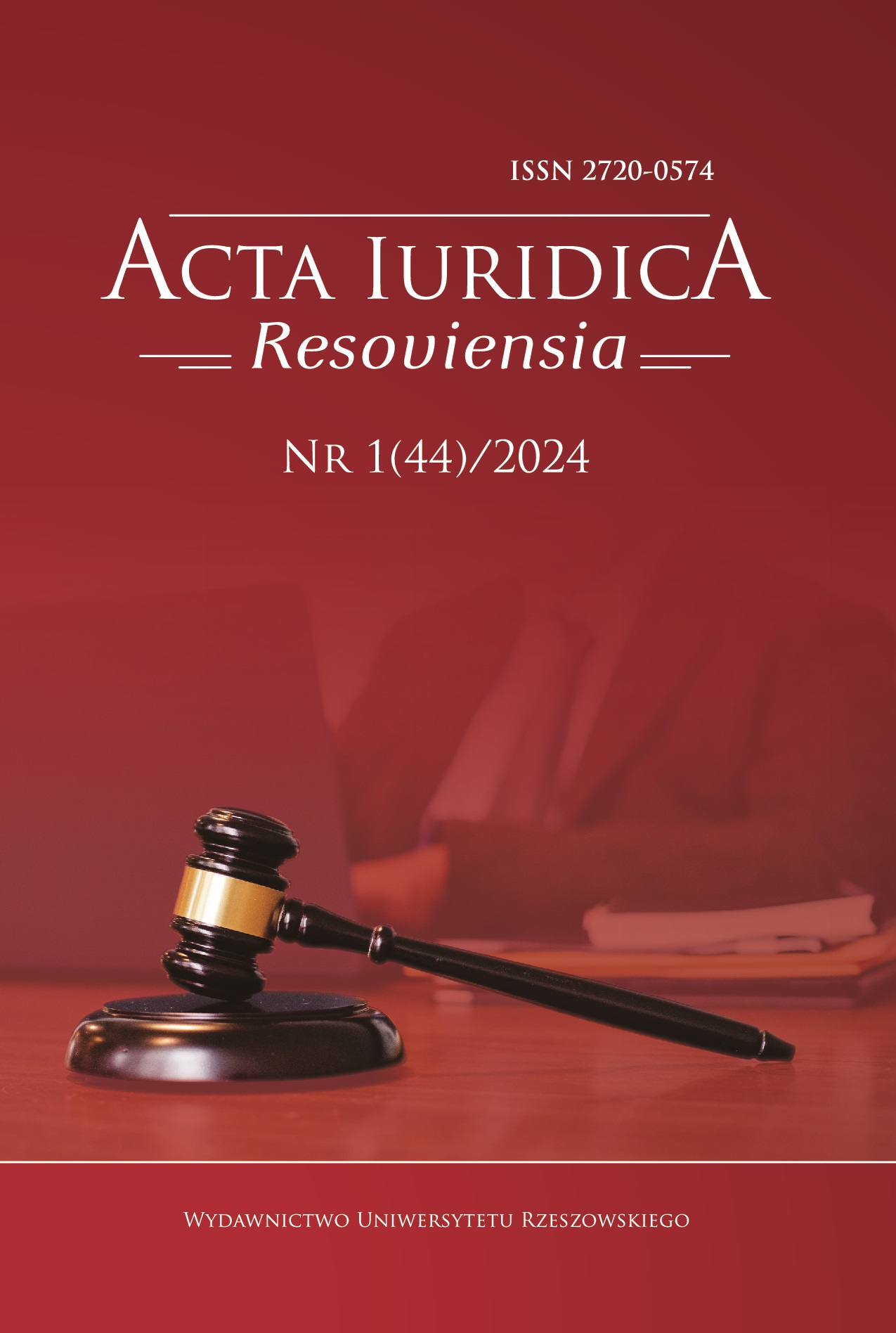Deep fake – technological progress and criminal law
DOI:
https://doi.org/10.15584/actaires.2024.1.3Keywords:
deep fake, Polish criminal law, criminal liability, international criminal law, artificial intelligence, new technology lawAbstract
The concept of deep fake refers to technology that, thanks to the use of artificial intelligence, generates images, videos and recordings that simulate reality. Technical and technological progress in recent years has made creating deep fakes even easier and faster, and the results obtained are more realistic. Therefore, deep fake poses a serious threat to many areas of social and economic life. With the above in mind, the topic of the article is to present the issue of deep fakes from the perspective of Polish criminal law. The threats resulting from their operation and criminal law problems will be indicated.
The result of the considerations carried out is to indicate that, in the current legal situation, deep fakes may be subject to penalization under criminal law, but this protection is only fragmentary. Moreover, the introduction of new legal regulations is also a problematic issue, because the introduction of regulations banning all deep fakes would violate the scope of constitutionally protected freedom of expression.
Downloads
Downloads
Published
How to Cite
Issue
Section
License
Copyright (c) 2024 Acta Iuridica Resoviensia (formelry: The Scientific Journal of the University of Rzeszow, Law Series)

This work is licensed under a Creative Commons Attribution-NonCommercial-NoDerivatives 4.0 International License.

